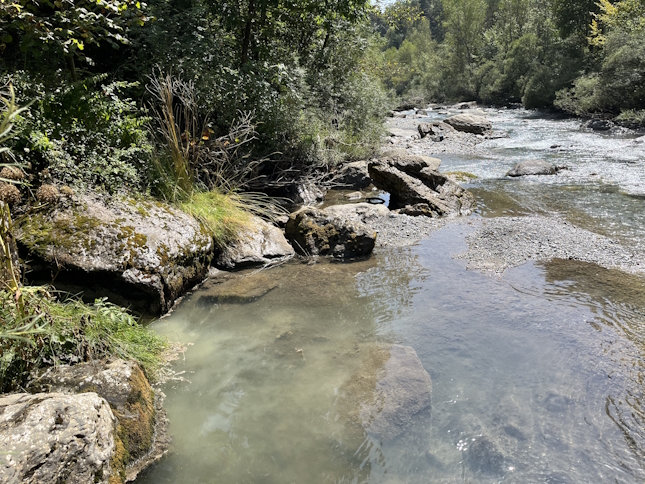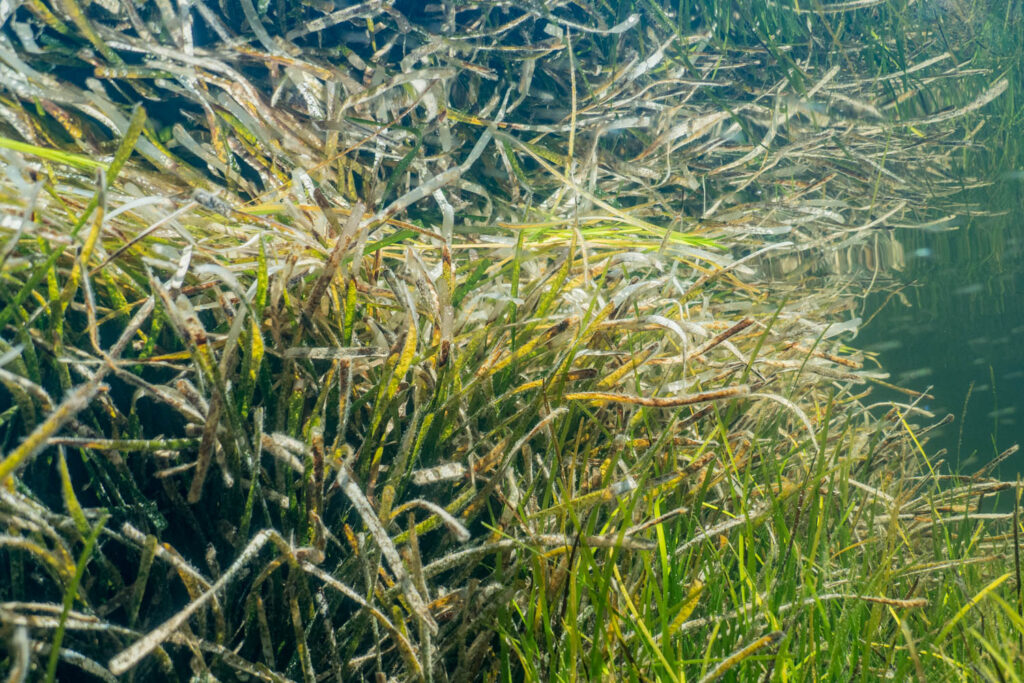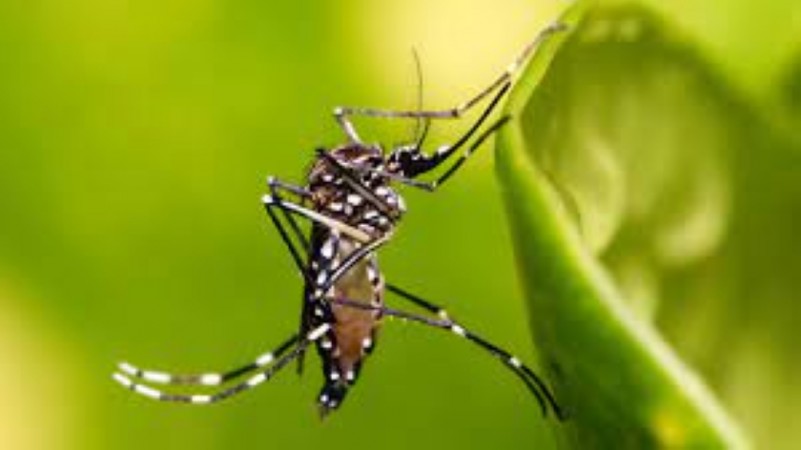Spain is at a crossroads. The spread of Ae.albopictus throughout the Iberian Peninsula and the arrival of Ae.aegypti to the Canary Islands have increased the risk of serious outbreaks of dengue, chikungunya or Zika. With hundreds of imported cases already co-occurring with vectors and indigenous transmissions of dengue confirmed in 2018, it is only a matter of time before Spain faces a serious public health crisis. However, Spain lacks reliable information on disease risk patterns and the dynamics of possible outbreaks.
This project will fill this gap by bringing together experts in epidemiology, entomology, big data, movement ecology, and sociodemography to build an innovative system that can harness the data revolution for public health preparedness. It will produce vital, comprehensive and practical knowledge about the risks of mosquito-borne diseases and possible outbreaks in Spain.
It will merge multiple big data sources and use cutting-edge infrastructure and modeling to:
- Explore the determinants and risk distribution of EMBD
- Illuminate the links between social inequality and BMRs
- Inferring the role of human mobility to the risk of EMBD
- Ensure continuous model calibration and updating
- Deliver real-time models to public health agencies.
The system will provide decision makers with the information they need, while making available raw data and open source code for continuous improvement through open innovation.









